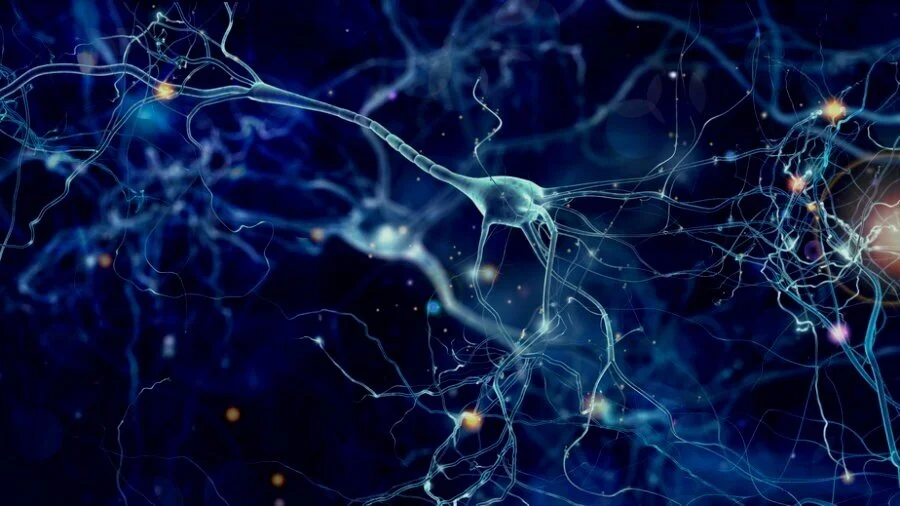
Understanding PTSD
What is PTSD?
Post-traumatic stress disorder, or PTSD, is characterized as a psychiatric disorder affecting individuals who experienced and/or witnessed a traumatic event (1). It continues to occur even after the event has passed. Such events include but are not limited to: war, terrorist acts, rape / sexual assault, physical assault, domestic violence, natural disasters, and epidemics, such as Covid-19 (1).
PTSD can interfere with the overall quality of life and interpersonal relations, can contribute to the development of other medical problems (e.g. heart disease), and can negatively impact psychosocial functioning and the ability to work (2).
Who can get PTSD?
Any person who was exposed to a traumatic event can develop PTSD. However, not everyone who has experienced a severe trauma develops PTSD. Approximately 1 in 11 people are diagnosed with PTSD in their lifetime (1).
What are the symptoms?
Re-experiencing the traumatic event through nightmares and/or flashbacks
Avoidance of the traumatic event, as well as memories, situations & people associated with it
Recurring perceptions of a threat stemming from changes in arousal and activity
Changes in overall mood
Specific PTSD symptoms can vary from individual to individual, requiring a personalized treatment approach (3).
How can Neuritek help patients with PTSD?
Current PTSD treatments do not work for all patients. Many patients continue to experience symptoms of PTSD although they engaged in psychological and medication treatments (2). This is where we, Neuritek Therapeutics, come in. We are committed to develop a novel, bio-mechanism based treatment for PTSD in order to improve patient outcomes.
References
1. American Psychiatric Association. (August, 2020). What is posttraumatic stress disorder?. https://www.psychiatry.org/patients-families/ptsd/what-is-ptsd . Accessed August 25, 2020.
2. Coventry, P.A., Meader, N., Melton, H., Temple, M., Dale, H., Wright, K., Cloitre, M., Karatzias, T., Bisson, J., Roberts, N,P., Brown, J.V.E., Barbul, C., Churchhill, R., Lovell, K., McMillan, D., & Gilbody, S. (2020). Psychological and pharmacological interventions for posttraumatic stress disorder and comorbid mental health problems following complex traumatic events: Systematic review and component meta-analysis. PLOS Medicine, 17(8), 1-34.
3. Forbes, D., Bisson, J.I., Monson, C.M., & Berliner, L. (2020). Chapter 4: Diagnosis, assessment, and screening for PTSD and complex PTSD in adults. In Bisson, J.I., Brewin, C.R., Cloitre, M., & Maerker, A. (Eds.). Effective treatments for PTSD (pp. 49-68). The Guilford Press.




